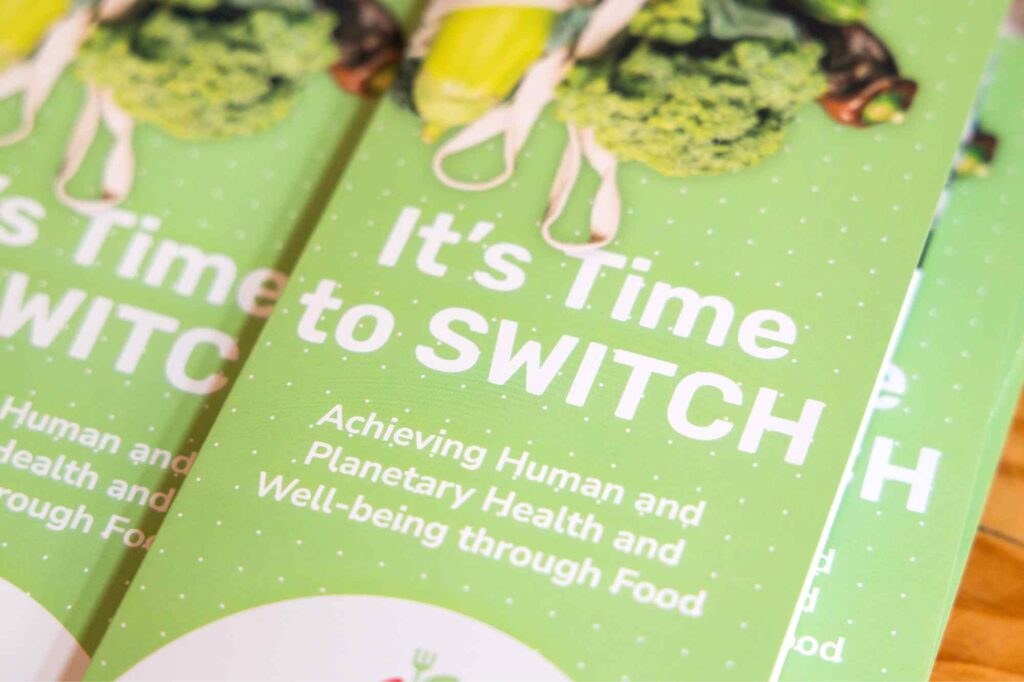January 17, 2024, Online – the SWITCH Project, with its 48-month timeline, is dedicated to addressing the intricate challenges surrounding sustainable and balanced diets across Europe. The recent workshop, orchestrated by the Centro Euro-Mediterraneo sui Cambiamenti Climatici and the Future Food Institute, presented a holistic overview of the project’s preliminary results, providing a pivotal platform for stakeholders to share valuable insights.
The leader of Work Package 9 moderated the workshop commenced with a gracious welcome to the distinguished participants. In emphasizing the urgency of addressing challenges in the food sector, the first speaker drew attention to global hunger statistics and the considerable impact of food systems on greenhouse gas emissions. With a substantial budget of approximately 10 million euros and collaboration from 21 partners across 8 European countries, the SWITCH Project strategically focuses on six food hubs to implement activities fostering collaboration and promoting sustainable diets. Facilitated by the MIRO digital platform, the open discussion delved into pivotal questions. Participants explored policies to enhance market access for regional producers within cities, with insights from guest speakers on sustainability criteria and streamlined procedures for online food commerce. Another speaker shared valuable insights into European eating habits, presenting an analysis of food consumption patterns in major European countries and highlighting the rise in the consumption of ultra-processed foods.
Afterward, it was presented the multidimensional role of food labels, emphasizing their significance for consumers, producers, and policymakers. The discussion included strategies to overcome barriers and enhance understanding. The discussion further explored the potential creation of a comprehensive label for restaurant products aligning with sustainability, health, and regional food system goals. The Commission’s acknowledgment of the need for more data on consumption patterns and the introduction of a monitoring framework at the EU level added depth to the conversation. Another guest contributed insights into the complexities of sustainable food systems, emphasizing balanced discussions on livestock sustainability and proposing a European sustainability label to address the proliferation of labels.
A representative of SWITCH Work Package 5 presented the realist approach to understanding sustainable regional food systems, emphasizing participatory methods and systemic thinking. In conclusion, the workshop served as a robust platform for the exchange of ideas and insights, further enriching the ongoing efforts of the SWITCH Project. As stakeholders continue to engage, the project remains steadfast in its commitment to reshaping European food systems towards sustainability and health.
Stay tuned for updates!

